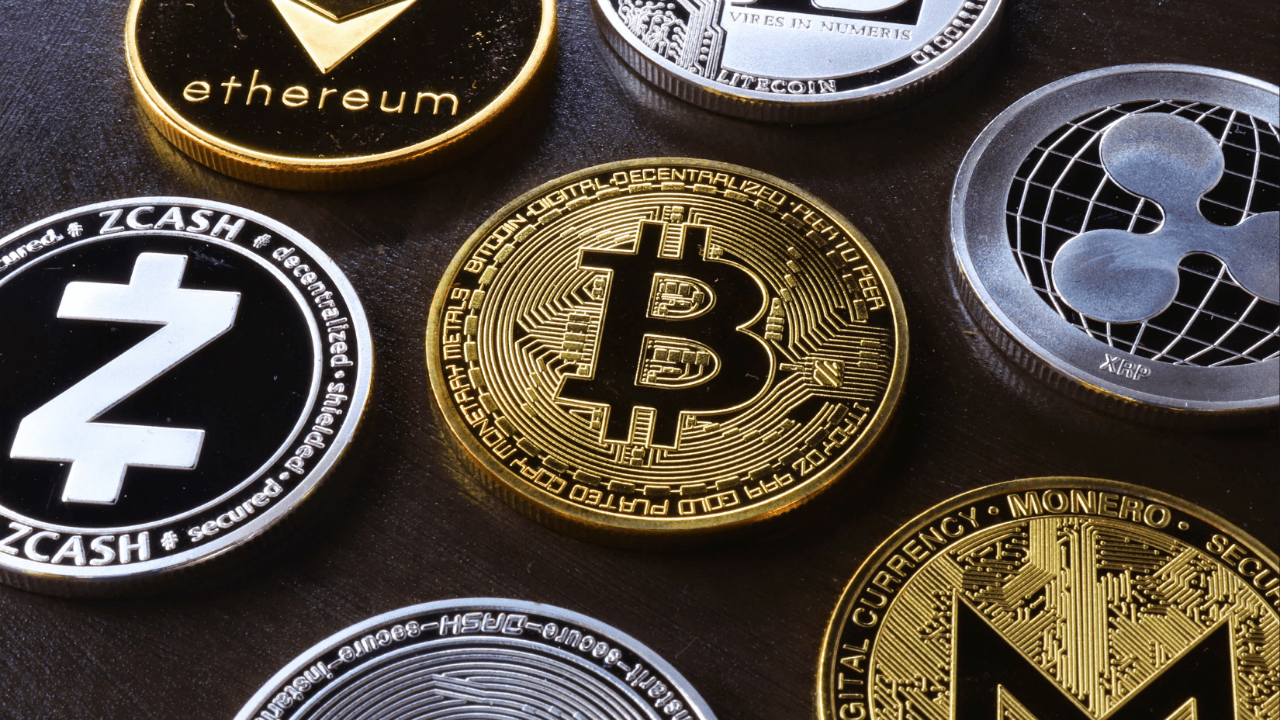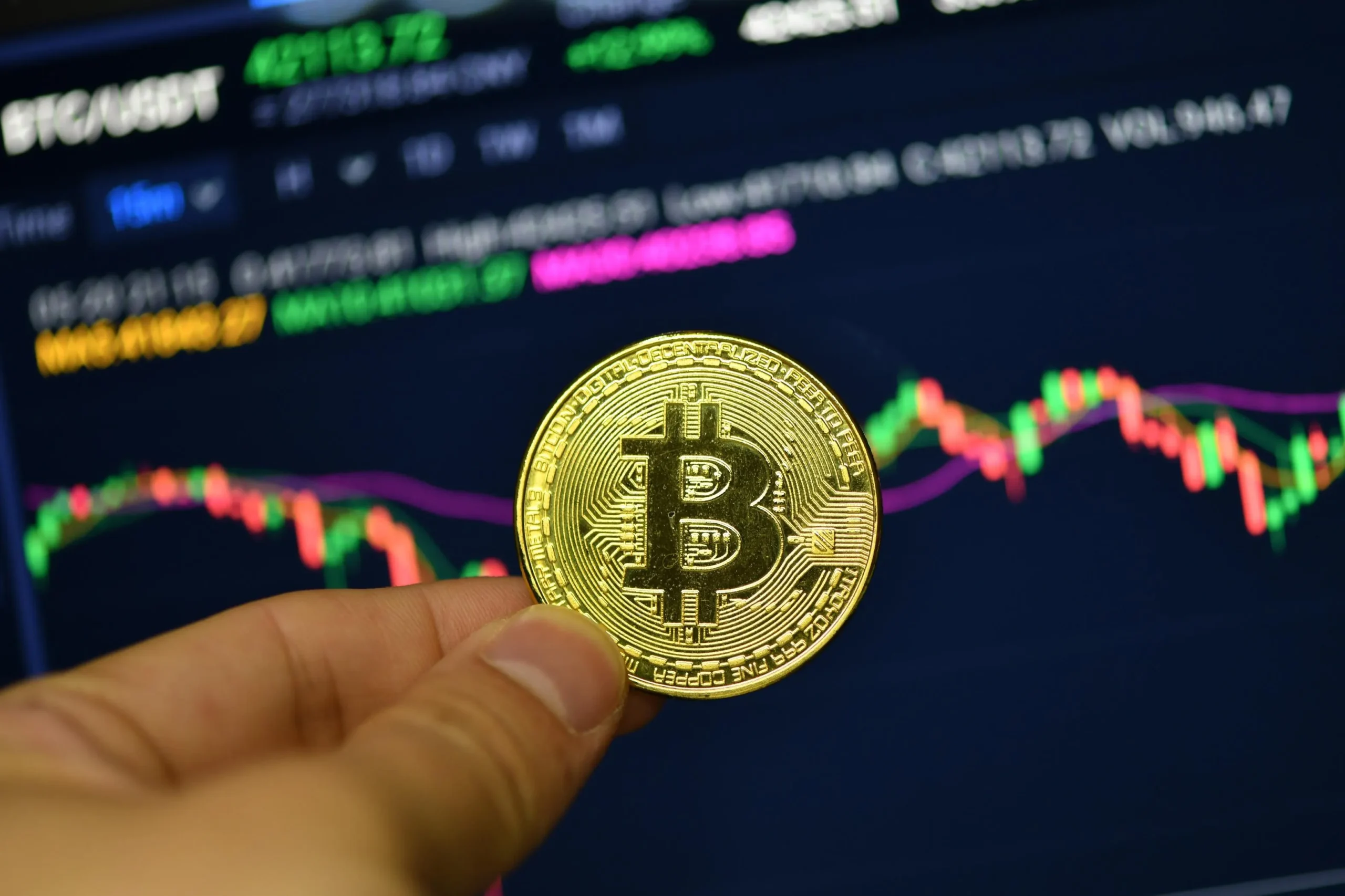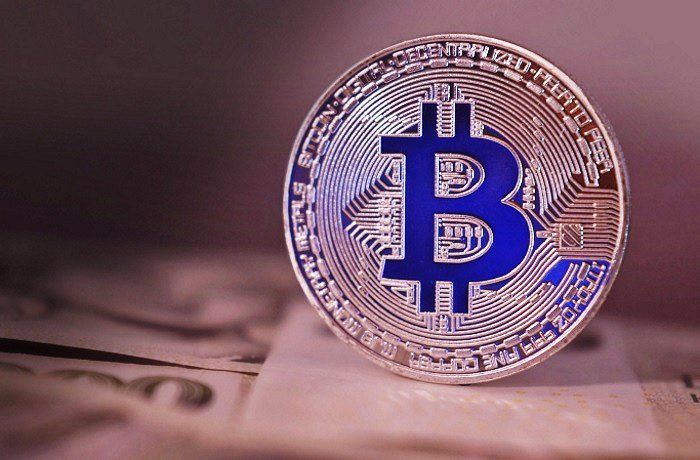Brazil’s Historic Decision to Seize Crypto Assets for Debt Recovery

With a historic decision allowing courts to seize crypto assets from debtors to pay off outstanding obligations. Brazil’s crypto asset has made a significant legal change regarding cryptocurrency. This ruling by Brazil’s Superior Court of Justice represents an essential milestone in the intersection of digital currencies and traditional legal systems.
This move signals a shift in the nation’s perspective and management of cryptocurrencies within the context of debt recovery. Although Brazil leads Latin America in accepting cryptocurrencies. This latest legislative action incorporates crypto into the country’s financial and legal systems.
Crypto Debt Enforcement
The Third Panel of Brazil’s Superior Court of Justice ruled that judges can require Bitcoin Price brokers to freeze or take debtors’ holdings. This court action mirrors debt collection strategies like salary garnishment and bank account freezing. However, because cryptocurrencies are sometimes stored on distributed networks, they were formerly less regulated than cash or real estate.

Creditors can access a new and expanding pool of assets when debtors possess large amounts of digital currencies. The ruling ensures that cryptocurrencies meet legal criteria like other financial assets.
Brazil’s Crypto Landscape
Brazil’s decision is in line with the country’s national acceptance of cryptocurrencies. Data from Chainalysis shows Brazil as the second-largest nation in Latin America regarding “crypto value received,” illustrating the general acceptance of cryptocurrencies. Platforms like Binance and other big crypto exchanges have become popular since 2025; Binance even got permission to run inside Brazil. These changes capture the rising relevance of cryptocurrencies in Brazil’s financial system.
Nevertheless, in terms of thorough control, the Brazilian government has been wary even with the increase in popularity. Although legislators have been debating rules controlling trading, exchanges, and the use of cryptocurrencies, a comprehensive legal framework is still lacking. The nation is headed toward controlling digital assets, and the latest decision reveals that Brazil’s court is already figuring out how to include cryptocurrencies into the current legal system.
Cryptocurrency Legal Reforms
In addition to the ruling, Brazilian politicians are drafting various cryptocurrency laws. In 2023, the Brazilian Chamber of Deputies introduced Bill 4.420/2021 to include bitcoin holdings in the Civil Code’s protected finances. This might protect cryptocurrency holdings from creditors under certain scenarios. If passed, this proposal would clarify how digital currencies are handled in debt-related matters and raise awareness of cryptocurrencies as a major financial player.
Federal Deputy Paulo Martins has also suggested legislation to recognize cryptocurrencies as financial assets, allowing their usage in payments and other financial transactions. This rule would also protect crypto holders’ privacy by preventing the court from accessing private keys.
Cryptocurrency Asset Seizure
Legal advancement notwithstanding, questions regarding the efficacy and enforceability of the seizure of cryptocurrency assets arise. The distributed character of cryptocurrencies is among the primary difficulties. Digital currencies are more difficult to track and seize than conventional financial assets maintained in centralized institutions since they can be kept in self-custodial wallets.

Moreover, the volatile character of bitcoin markets increases other hazards. Cryptocurrency prices vary greatly; hence, computing and enforcing the equivalent value of a debt may prove difficult. Should the value of the confiscated assets differ significantly between the period of seizure and the final debt settlement, this could cause problems for creditors and debtors.
Brazil’s Crypto Leadership
Brazil’s legal efforts globally establish the nation as a leading authority in Latin American bitcoin control. Brazil’s decision to allow crypto asset seizure shows the country’s proactive attitude in including digital currencies in its financial system. In contrast, other countries, such as the United States and the European Union, have made efforts to control crypto markets. This is especially important in an area where other Latin American nations are keenly observing Brazil. They decide on their methods of crypto control and where crypto adoption is fast rising.
Simultaneously, the decision will probably discuss the broader consequences for financial independence and privacy. If government authorities or creditors have free access to personal financial data or digital assets, privacy activists worry about overreach.
Final thoughts
A major turn in the legal acceptance of digital currencies is Brazil’s decision to let judges seize cryptocurrencies from debtors. Although this gives creditors fresh chances to collect on debt. It also emphasizes the complicated possibilities and difficulties cryptocurrency offers to temporary financial and legal systems.
Further legal and regulatory actions will probably follow as the nation continues to embrace digital currencies to handle the changing function of cryptocurrencies in the Brazilian economy and culture. With this historic decision, Brazil is leading the way in determining the direction of Latin American bitcoin control.




